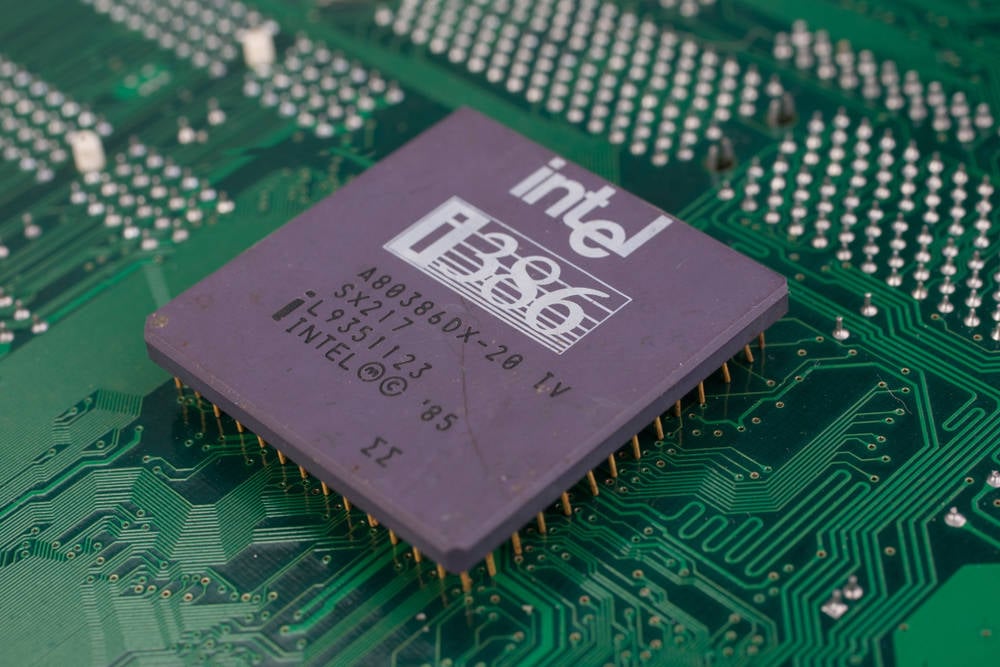Just in case no one has heard yet:
https://www.intel.com/content/www/u...visioning-future-simplified-architecture.html
I'm curious as to how this could impact FreeBSD. Perhaps it's not a question that will really come up until Intel produces a real product line with the "simplified" architecture or Microsoft and AMD show some interest in it.
Andrew Lankford
https://www.intel.com/content/www/u...visioning-future-simplified-architecture.html
I'm curious as to how this could impact FreeBSD. Perhaps it's not a question that will really come up until Intel produces a real product line with the "simplified" architecture or Microsoft and AMD show some interest in it.
Andrew Lankford


